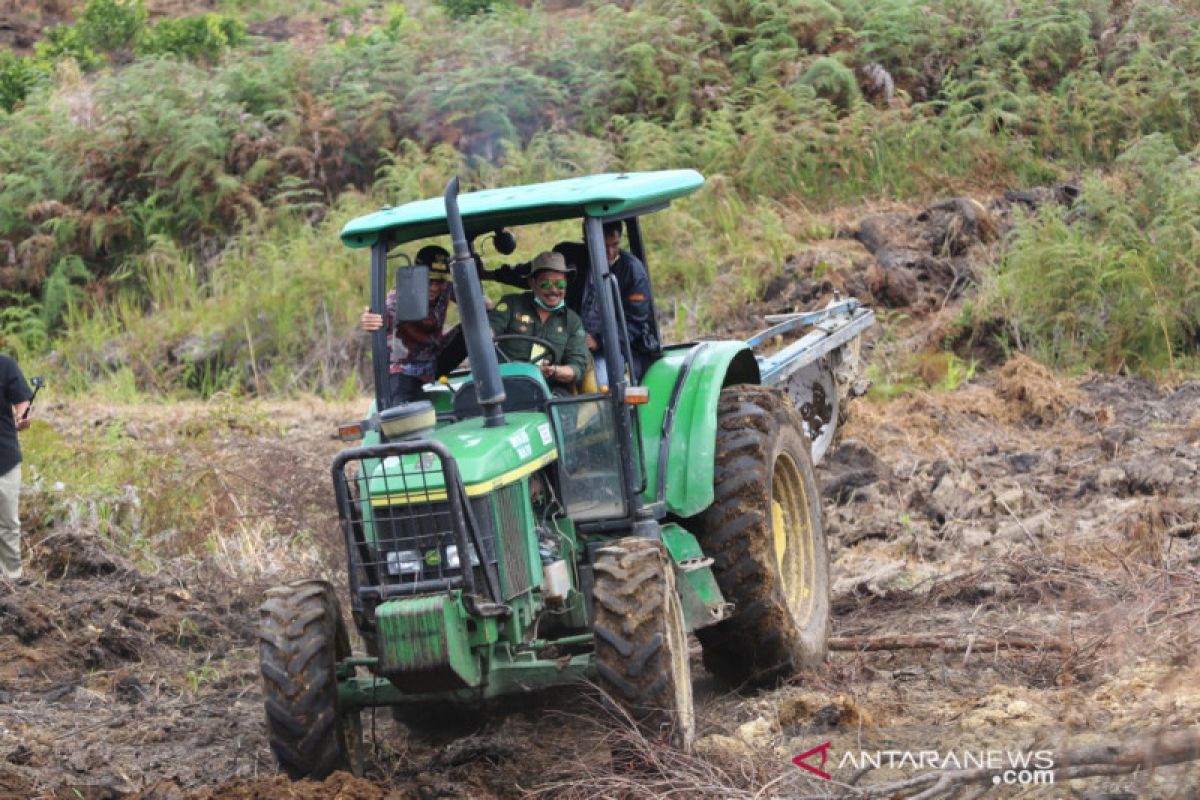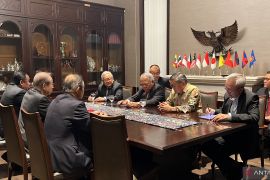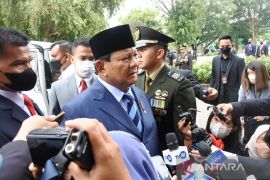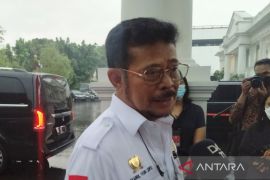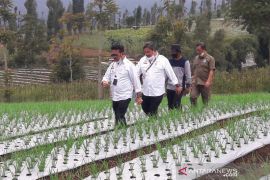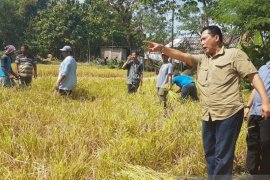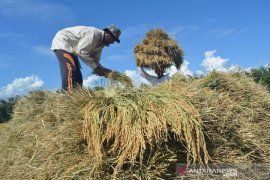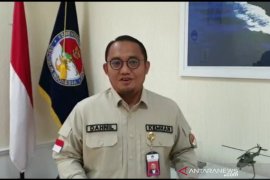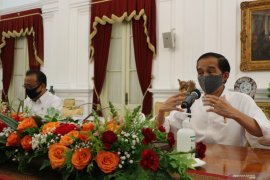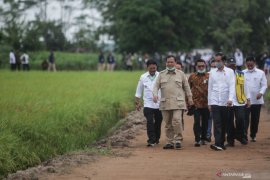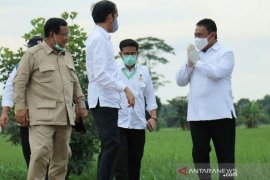The first phase of this Food Estate Program will be started on one thousand hectares of farmland, Limpo noted in a statement made available to ANTARA here in connection with his working visit to Ria-Ria Village in Humbang Hasundutan (Humbahas) on Saturday.
"We have planned to develop the food estate program on 30 thousand hectares of farmland in Humbahas District. As a trial, we are cultivating a thousand hectares of farmland this year," he noted.
Situated 1,400 meters above sea level, Humbahas has a climate conducive for cultivating potatoes and onions.
The ministry is chiefly prioritizing the development of horticultural crops to meet the demand of raw materials for food industries, including potatoes and onions, he noted.
Apart from visiting Ria-Ria Village, Limpo, accompanied by North Sumatra Deputy Governor Musa Rajekshah, also observed a screen house for seeding potatoes in Parsingguran II Village.
The Food and Agriculture Organization (FAO) of the United Nations has also warned that the ongoing COVID-19 pandemic may trigger a shortage of food stockpiles.
In response to this warning, Indonesia is sentient of the significance of boosting the nation's food security amid the ongoing global COVID-19 pandemic and beyond.
To this end, the government has formulated a program to boost production capacity, local food diversification, development of a food reserves system, modern agriculture, and exports.
With food security being the prime focus, the government has been working on its food estate program by also developing 165 thousand hectares of land into farmland in Pulang Pisau District, Central Kalimantan Province.
Minister Limpo affirmed that the food estate will be developed by applying modern technology in farming.
According to ANTARA’s observation, despite a steady rise in Indonesia's population, the country had yet to achieve food security, which by definition is related to "food availability, food access, and food utilization" (USAID 1995 in FAO).
Rather than feed its people the rice produced by its own farmers, the central government has frequently imported rice over the past years to meet the public’s requirements.
This condition has, indeed, posed a grave challenge and does not bode well with Indonesia's status as one of the world's top agricultural countries.
Indonesia should not make it a perpetual practice to import rice from countries, including Thailand and Vietnam, since it will potentially disadvantage local farmers and threaten its national security in the long term. Related news: Ensure a smooth food supply chain nationwide: Jokowi
Related news: Small farmers should be basis of food development
EDITED BY INE
Translator: Mentari DG, Rahmad Nasution
Editor: Suharto
Copyright © ANTARA 2020
